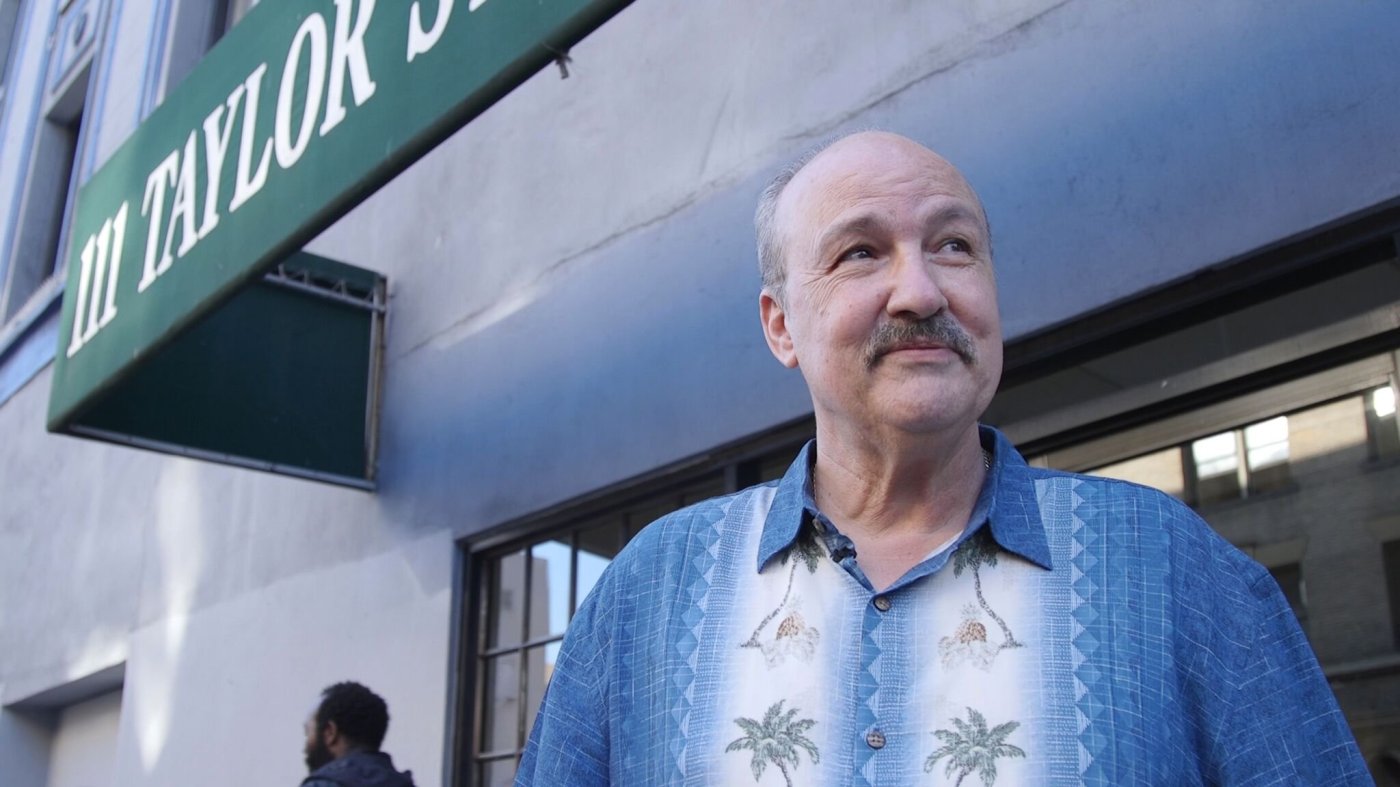
VALLEJO — For years, Marvin Mutch became the poster boy for parole reform in California, as a convicted murderer who forcefully proclaimed his innocence and was freed from prison after 41 years.
But now Mutch, 68, of Vallejo, is back in jail, with the strong possibility of another serious felony case in his future. Solano County Sheriff’s officials say they recently raided his home as part of an investigation into the possession of digital files depicting child sexual abuse.
Mutch was arrested Tuesday on suspicion of possessing child pornography, being a felon in possession of a firearm, and possessing a controlled substance while armed. Bail has been set at $300,000, authorities said.
“During the search, deputies discovered evidence confirming (Mutch) was in possession of child sexual abuse material, narcotics, and a loaded firearm,” a Solano Sheriff news release says, adding that “multiple” electronic devices were seized and are being scanned.
Mutch was the subject of a 2017 KQED documentary investigating “flaws” in the state’s parole and just systems. It cover’s Mutch’s claims that he was innocent of the 1974 murder of Cassie Riley, for which he was convicted and sentenced to life without parole, and explores his release from prison that parole reform made possible.
Mutch was arrested in 1974, after Cassie’s partially clothed body was found in a creek bed. Prosecutors contended he beat her and held her head underwater, based on eyewitness identification. The prosecution’s witnesses included Mutch’s own sister, who testified her brother’s clothes were wet that day, as their mother jumped up and screamed “liar” at her in the courtroom, this newspaper reported at the time.
Mutch, who was working as a private security guard at the time, passionately declared his innocence and his lawyer argued at trial he had a solid alibi. Jurors weren’t allowed to hear about another girl who prosecutors claimed would have testified Mutch held her at knifepoint in a prior incident, according to media reports at the time.
The California Innocence Project took on Mutch’s case, without success. He was then denied parole 21 times, and credits the Post Conviction Justice Project — an education and advocacy group for incarcerated people offered through USC — with securing his eventual parole.
While incarcerated at San Quentin, Mutch co-founded a peer support program and the prison’s Men’s Advisory Council, according to published reports.